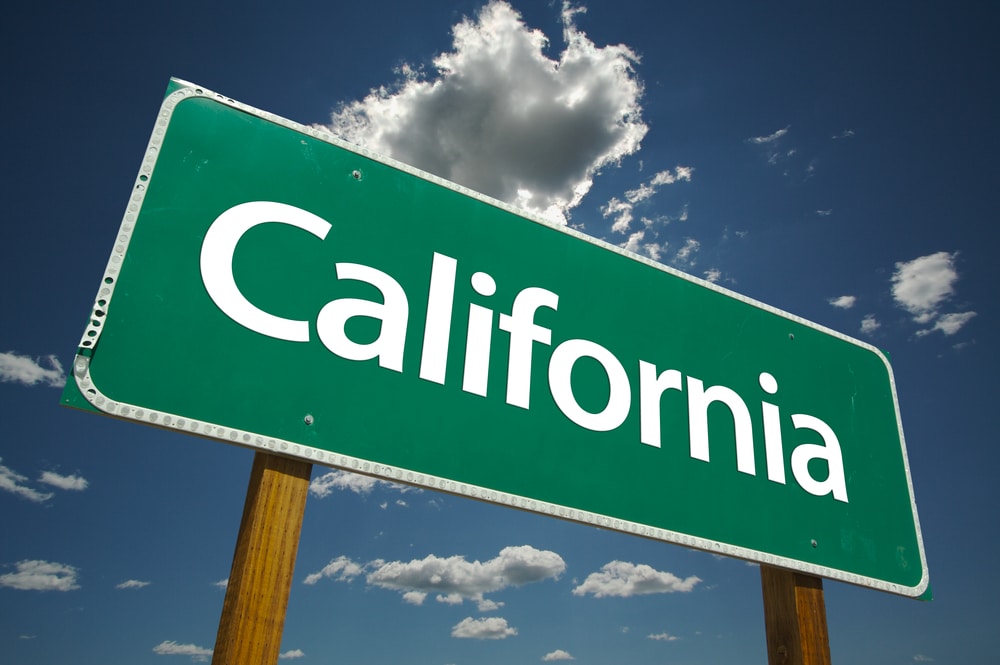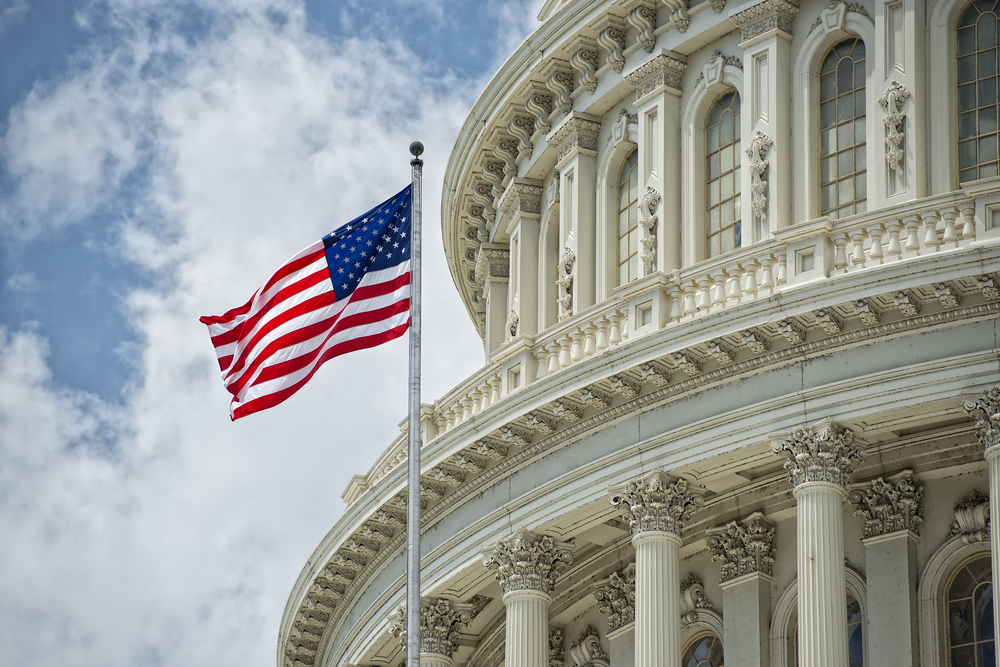A lawsuit has been filed by a group of Californians against Starbucks, accusing the well-known coffee chain of discrimination against customers who are lactose intolerant.
Starbucks Faces $5M Discrimination Suit
According to the Los Angeles Times, the $5 million class action suit, representing Maria Bolliger, Dawn Miller, and Shunda Smith, claims Starbucks broke the Americans with Disabilities Act (ADA) by charging more for nondairy milk alternatives, affecting lactose-intolerant coffee enthusiasts.
Starbucks’ $1 Billion Profit
The lawsuit accuses Starbucks of imposing extra fees on lactose-free alternatives, even though the cost of these options is similar to regular milk. It claims that Starbucks has profited over $1 billion in the U.S. by imposing what it calls a discriminatory and illegal extra charge during the specified period.
Dairy vs. Non-Dairy Prices
At the time the lawsuit was filed, the price for dairy options such as whole milk, half & half, and heavy cream ranged from 3 to 32 cents per fluid ounce. Meanwhile, alternatives like soy, coconut, almond, and oat milk were priced between 4 and 7 cents per fluid ounce.
Extra Cost for Nondairy Customers
This pricing strategy forces customers like Bolliger, Miller, and Smith to pay an additional 50 to 80 cents to swap 2% milk for a nondairy option.
Legal Challenge Over Milk Options
Keith Gibson, a lawyer for the plaintiffs, criticized Starbucks for not offering oat and almond milk as complimentary alternatives, highlighting that for those affected, avoiding regular milk isn’t a preference but a necessity.
National Implications of the Lawsuit
Keith Gibson, an attorney involved in the case, has previously tackled a similar legal challenge against Starbucks in Florida. Although he didn’t disclose if that case was settled, he emphasized that the current lawsuit, filled in the US District Court in Fresno, California, carries implications for the entire country.
Disability Rights and Dairy Alternatives
According to the Americans with Disabilities Act (ADA), lactose intolerance qualifies as a disability due to its potential to cause symptoms like digestive inflammation, irregular bowel movements, stomach pain, and vomiting, impacting an estimated 30 to 50 million Americans.
ADA Obligations for Businesses
Adam Cyr, a spokesperson for the US Justice Department, highlighted that under the ADA, businesses are obligated to adjust their standard practices as necessary to support customers with disabilities.
Starbucks Responds
Responding to inquiries from Fox News Digital, a spokesperson for Starbucks stated they are unable to discuss ongoing legal matters. However, they clarified Starbucks’ policy in the US, noting that customers can add up to four ounces of nondairy milk to certain drinks—like hot or iced brewed coffee or tea, cold brew, and Americanos—at no extra cost.
Rewards for Choices
For those in the Starbucks Rewards program, a mere 25 Stars allows for a nondairy milk substitution in any drink where it’s not already included. Furthermore, Starbucks allows customization of any beverage with nondairy milk for an additional fee, which aligns with charges for other custom options such as extra espresso shots or flavored syrups, with prices varying depending on the market.
The Extra Charge Debate
For those who avoid dairy—whether due to veganism, lactose intolerance, or personal choice—getting coffee often means paying extra. In the US, Starbucks and many other cafes charge additional fees for substituting cow’s milk with alternatives like oat, soy, almond, or coconut milk.
The rationale is straightforward: nondairy milks generally cost more than dairy milk.
Coffee in High-Cost Cities
In cities with higher living costs like San Francisco and New York City, opting for nondairy milk—such as oat, almond, coconut, and soy—can increase the price of a drink by up to 90 cents.
The Ethics of Milk Pricing
While paying extra for dairy-free milk in your coffee is the norm, not all coffee shops follow this practice, citing reasons beyond customer preference. They argue that dairy milk has a greater environmental impact and point out that lactose intolerance disproportionately affects people of color, making the surcharge on alternative milks a matter of inequity.
Dropping the Upcharge for Non-dairy Milk
There’s growing pressure on coffee chains, including Starbucks, to eliminate these fees.
In recent years, Starbucks UK removed the extra charge for nondairy milk in its over 1,000 stores, raising questions about the necessity of the surcharge elsewhere.





